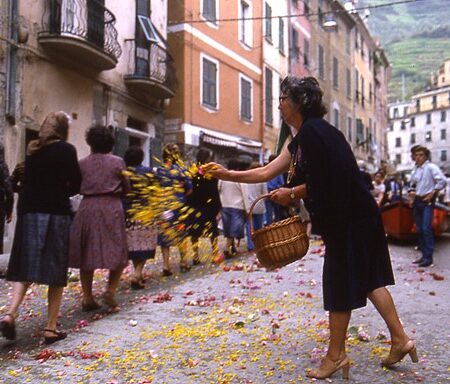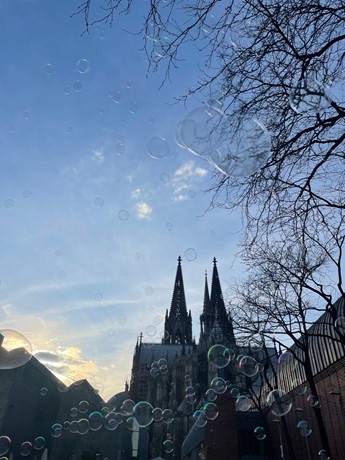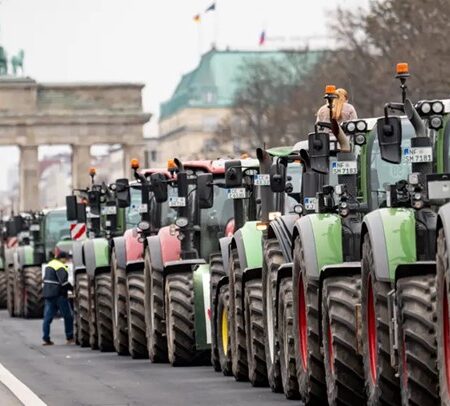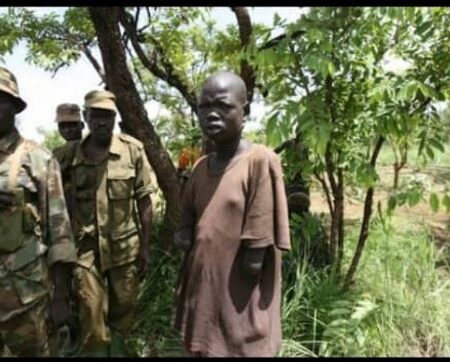The purpose of this topic is to describe the difference between western and Afghanistan democracy. I choose this topic because a lot of western people are expecting the same democracy which exists in western countries must exist in Afghanistan without knowing anything about the tribal culture, religions and the effects from the Taliban dark period.
On 7 October 2001, not even a month after the September 11 attacks, the Bush administration started Operation Enduring Freedom (OEF) as part of the Global “War on Terror.” The United States rooted their intervention in Afghanistan on the goals of eliminating Al Qaeda and the Taliban threat in Afghanistan. It was not long before the OEF successfully ousted the Taliban from power, accomplishing their main objective. After the fall of Kabul in November 2001, the U.S. agenda for Afghanistan quickly changed to democracy promotion under the appearance of a nation-building project. For the purpose of this paper, the word democracy will be defined as a system of government in which the people have the power to choose those who govern them. This paper will focus on democracy in Afghanistan from 2001 until now and try to analyze the possibility of democracy in Afghanistan. Is democracy possible in Afghanistan? What conditions would be needed for a successful democracy in Afghanistan? By looking at Afghanistan’s history of tribal culture and lack of political legitimacy, one can determine whether democracy can be successful in Afghanistan.
After the terrorist attack of 11 September in United States, the United States believed the attack was planned by Al Qaeda, and as Taliban were connected with Al Qaeda, the United States started war against the Taliban in Afghanistan. The Taliban’s regime finished in 2001 from Kabul but it does exist in western and southern of Afghanistan. 1
After the fall of Kabul in 2001 and the end of the Taliban, a new feeling of hope came among local citizens as they believed the war had finished.
This was the first taste of democracy for many Afghans which was unfortunately short-lived. At the beginning, it was not bad but each passing day different types of problems started. For instance, the Taliban became stronger day by day and new groups like Daish and Al Qaeda become strong in the south and east of Afghanistan.
In 2004 presidential elections took place for the first time. This was the first time after a very long time that people participated and vote to choose their president and the winner of this election was Hamid Karzai.
Generally, the situation was not very bad during the first five years of Karzai’s presidency and that’s why in the election of 2009, Hamid Karzai became the winner. Meanwhile, the Taliban became stronger and took control over new provinces. Although in these two elections (2004/2009) there was some corruption, still people were happy. These instances of corruption show the long history of Afghanistan’s lack of democratic will. For democracy to fully be successful there must be organizations and rules in place to lessen corruption. As time shows, this is not the case in Afghanistan. Massab (2020) argued in the second interview, almost everything in government of Afghanistan and in public life of Afghans has been taken from religion which without doubt the basic or the platform of Islam religion is absolutely different and against the ideology of democracy. 2 For instance, in Islam all the power belongs to God and from God to his representative or to Hakeem (Ameer), but in democracy the power goes to people and people choose who will be their leader.
In election of 2014 there were two candidates who were struggling to win, Mohammad Ashraf Ghani who is Pashtun, on the other hand Dr Abdullah Abdullah who is Tajik.
In the first round Abdullah Abdullah was in the top but by end of the election, the winner was Mohammad Ashraf Ghani. Everyone knows that he won the election by corruption and that was the time people lost their trust in election, or in other words democracy because there was a lot of evidence of the corruption. Othmankhail (2020) has agreed in my first interview that, “almost all of the elections that I personally participated were coupled with election frauds and there were evidences for it.” 3
During the first five years of Ashraf Ghani, the terrorist groups became bigger in southern and eastern Afghanistan but also started creating different types of groups in the north of Afghanistan and the situation became worse for Afghans.

Although generally the situation was critical, there was some progress in some aspects of women rights. For instance, as the picture shows, there was participation of women in the government in Kabul, Afghanistan. But as Masab (2020) has mentioned in the second interview that Afghanistan is not just Kabul, Herat or Mazar Sharif (provinces that are calmer and progressive for women) but also Greshk, Sare Pol, Helmand and all other provinces which women have been judged by tribal courts. 4 The picture above has been taken in Kabul, Afghanistan (Harooni, 2015).

For instance, the above picture which has been taken in 2015 in a province of Afghanistan shows a woman being judged in a tribal court for having sexual relations with a man. This judgement has taken place without any kind of evidence, on the other hand we can see there is police also between these people.
As Masab (2020) has mentioned, Afghans believe more in the words of Imams or religious leaders. 5 This goes again to Afghanistan’s historical culture and tribal history.
In 2019 when the first period of Mohammad Ashraf Ghani finished, there was an election and same in this election he won the election with fraud and corruption. Although a lot of demonstration took place but this changed nothing. At the end a government was formed which divided the power between two candidates’: Dr Abdullah Abdullah and Mohammad Ashraf Ghani.

The photo of protesters against election fraud in 2019 shows a group of people in where some leaders have joined the protesters. The photo above has been taken in Kabul, Afghanistan (Noori, 2019.)
Furthermore, as Masab (2020) said,
Democracy is an ideology which if a country wants to have it, the country must start accepting this ideology by the people who works in the government. Once the people whom accept this ideology then it will be very easy to practice it in their lives. 6

This photo shows the high security during presidential election in 2019. The photo is taken in Kabul, Afghanistan (Glinski,2019).
Although in each election in Afghanistan there is high security, there are still people who lost body parts by participating in election. For instance, in 2014 election, eleven Afghans finger have been cut by the Taliban in western Herat province. 7
As in the first and second interview I have mentioned with my two interviewees that in Afghanistan people put their lives in danger when they participate in the elections to choose their president.
In short, as we can see from Afghanistan’s tribal historical culture, religious background and its long civil war history, it is not easy to practice a new ideology which is basically opposite of the root of the three important components that I have just mentioned. All the situation which has happened with election and for sure there were a lot of consequences in the life of the people, the poverty increased every day, the poor become more poor and the rich become richer, the security is horrible, not only in the Taliban and Daish areas but also in Kabul’s streets, so generally Afghanistan does not have the roots for a successful democracy.
First interview, Obaid Othmankhail, Paris, France https://docs.google.com/document/d/1EJ1zLttVOqmOeovtCF9DipAvy2xO33r_6D-VkPCO6do/edit
Second interview, Najibullah Masab Kabul, Afghanistan https://docs.google.com/document/d/1q5KllOUG6aRh-E3o1n8Wrk-czUc2RrFsYqxebHgdkqI/edit
- Jumakhan Rahyab, “Is democracy dying in Afghanistan?” The Diplomat, 11 October 2019. ↩
- Najibullah Masab, Interview by the author, Kabul, Afghanistan, 28 July 2020. ↩
- Obaid Othmankhail, Interview by the author, Paris, France; 15 July 2020. ↩
- Najibullah Masab, Interview by the author, Kabul, Afghanistan, 28 July 2020. ↩
- Najibullah Masab, Interview by the author, Kabul, Afghanistan, 28 July 2020. ↩
- Najibullah Masab, Interview by the author, Kabul, Afghanistan, 28 July 2020. ↩
- BBC, Afghan election: Taliban ‘removed voters’ fingers’ ,15 June 2014. ↩











Bonjour,
Je ne sais pas si tu recevras ce mail, mais sache que j’ai apprécié notre entrevue d’hier matin à l’ambassade d’Iran.
Je te laisse mon nom et mon @ si tu souhaites me contacter.
Jean Paul Seguis